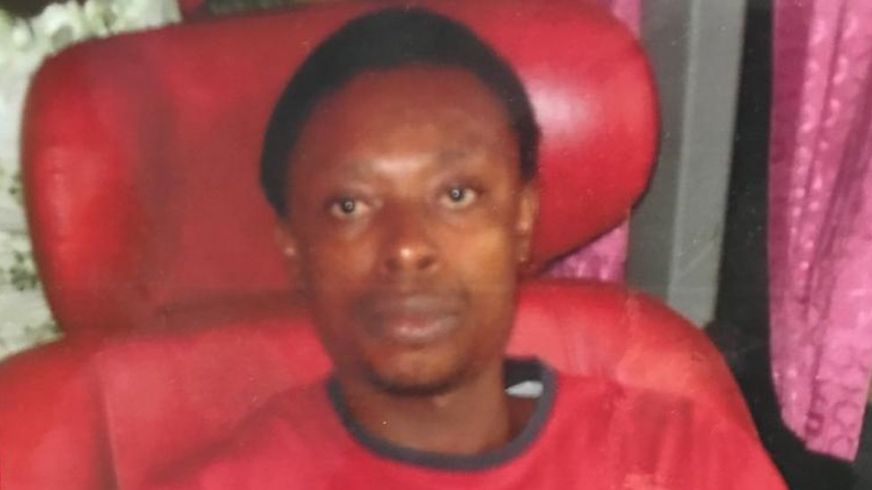The inquest into the death of 31-year-old Prince Fosu at Harmondsworth Immigration Removal Centre has found that procedures to protect vulnerable detainees at the centre were ‘grossly ineffective’.
Prince Kwabena Fosu died in October 2012 from dehydration, malnutrition and hypothermia. He had been left in an isolation cell for six days without any bedding and while suffering from a psychotic illness.
The coroner, Chinyere Inyama, said that Fosu had died ‘in plain sight’. Over six days of purported checks every 15 minutes, no positive evidence was deduced that he had eaten, drunk or slept. In less than a week, he lost 8kg, weighing only 47kg when he died.
Staff records referred to Prince shuffling on his bottom, talking to himself and defecating and urinating in his cell. Four GPs, two nurses, two Home Office contract monitors, three members of the Independent Monitoring Board and numerous Detention Custody Officers who visited him failed to take any meaningful steps. INQUEST described Fosu’s death as a ‘shocking example of wholesale system collapse’.
The jury found that staff had shown a “casual approach” to Prince’s welfare when they removed his bedding and mattress, leaving him to lie on the cold floor of his cell, contributing to his hypothermia.
Mental health nurse, Lesley Dube, told the inquest that he could not remember seeing Prince and had not been asked to carry out a full mental health assessment, but had written in the detention centre’s notes that Prince had no mental health issues.
Director of INQUEST, Deborah Coles, said: ‘Prince was failed at every level, by individuals and agencies who owed him a duty of care. He was treated in a dehumanising way and as a discipline problem rather than as a seriously unwell man in need of compassion and medical care.’
Prince Fosu arrived in the UK from Ghana in April 2012 on a valid business visa, which was then cancelled at Heathrow airport. His appeal was rejected in September 2012 and he was arrested the following month when a passer-by phoned the police after seeing him naked on a street in Kettering, Northamptonshire. The mental health assessment in Corby police station concluded that he did not need to be sectioned at that time and was fit to be transferred to immigration detention.
The inquest heard that layers of subcontracting lay behind health services for detainees. The running of Harmondsworth was outsourced by the Home Office to GEO Group, who then subcontracted health care provision to Nestore Primecare Services. They then subcontracted the recruitment of doctors to The Jersey Practice, a GP surgery in west London, who relied on a locum agency, Beacon Care Services Ltd. The jury found that the Home Office had failed to effectively monitor the service provided by contractor staff.
The inquest had been postponed pending the Crown Prosecution Services’ consideration of criminal charges against some of these private companies responsible for Prince’s care. In April 2017, the CPS authorised criminal charges against GEO Group UK Ltd and Nestor Primecare Services Ltd but reversed this decision 18 months later.
Prince Obeng, Prince Fosu’s father, said: ‘Prince’s death was entirely preventable. Food, fluid and warmth would have saved him. It is inexplicable how all of these people walked away and left him to die like that. My son came here to the UK on a valid business visa but was refused entry to the UK. If you detain someone, you have to look after them. I now have to return to Ghana and to explain to Prince’s wife and child how he died. I am not sure I can.’







